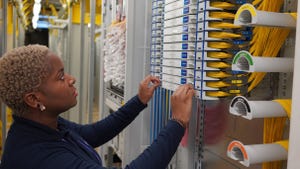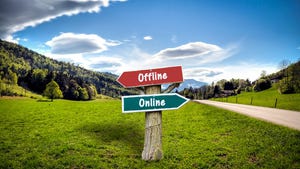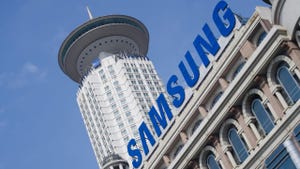Network Technology
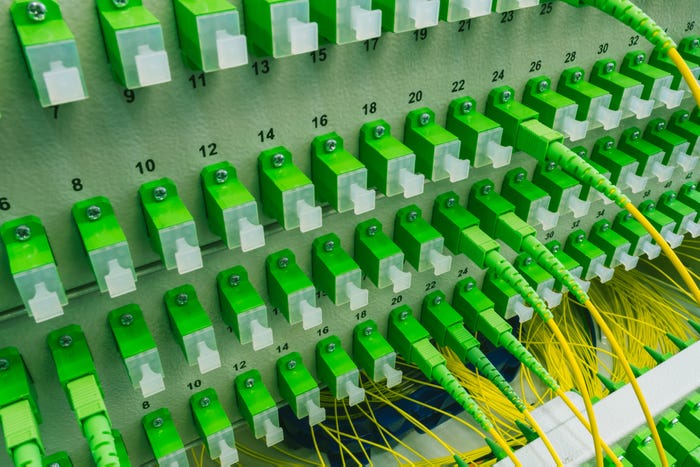
Over the past three decades, passive optical networking (PON) has steadily evolved from a slow data transmission technology to the fastest broadband delivery system on the planet. With consumer and businesses clamoring for ever-higher data speeds and bandwidth consumption skyrocketing, service providers and their tech partners are tightly focused on developing and deploying more advanced PON variants to meet this soaring demand.
Where do the latest PON standards stand? What will next-gen PON enable? What hurdles must be cleared for providers to deploy highspeed PON? How are operators and vendors moving to meet those challenges? How are high-speed PON deployments proceeding? In this webinar, our experts will tackle these critical issues and more.



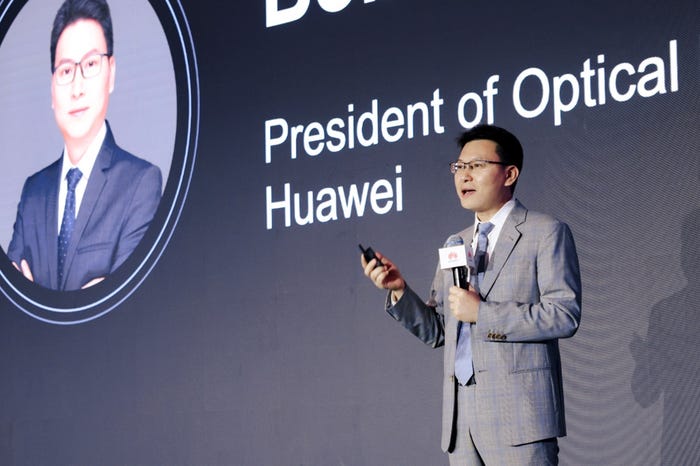




















.jpg?width=300&auto=webp&quality=80&disable=upscale)








